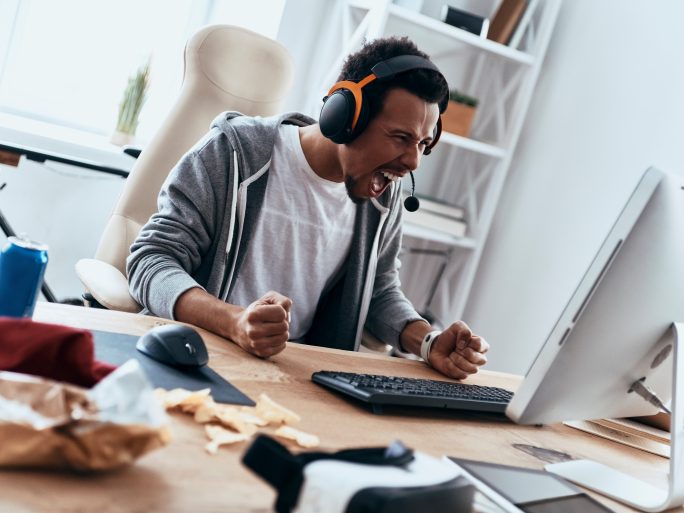Watch Out in the Home Office: Voice Assistant Listens In

Voice assistants are practical, but in the home office they pose risks in terms of security and data protection, warns the R+V Versicherung Infocenter.
Voice assistants usually transmit voice commands and recordings to the provider’s cloud. “This way, all kinds of data are collected. The systems record music titles as well as travel destinations, phone numbers or account data,” says Tobias Messer, in-house lawyer and Group Data Protection Officer at R+V Versicherung. It is not immediately clear to users what happens to the data they collect. According to Messer, “Many questions remain unanswered. Where and for how long are the voice commands stored? Is the information copied, evaluated and passed on or sold to third parties? Is the data safe from hackers?”
Turn off voice assistants in the home office
These points are particularly critical when it comes to sensitive data – private or professional. “Even while working in the home office, voice assistants may be listening in and could, for example, record confidential phone calls,” Messer warns. For this to happen, it sometimes suffices if on the smartphone the corresponding function is activated or the smart speaker is connected to the Internet. Of particular concern: The activated devices do not only record when they hear a signal word. They sometimes also do so for similar-sounding words. The expert therefore advises switching off voice assistants during working hours – or at least during confidential conversations. “This is the surest way to prevent data from falling into the wrong hands.”
What to do?
* Voice assistants are usually activated by default to be able to execute commands at any time. This means they are on standby and record what is said during business contacts, with the family or with visitors.
* If the voice assistant is deactivated, this also protects it from being used by unauthorized persons. Smart speakers, for example, can also implement or store commands from strangers.
* A password or user profile can provide additional protection. In this way, the group of people who are allowed to use the voice assistant can also be restricted.
* Stored activities – i.e. voice recordings – should be checked regularly and deleted if necessary.
* If security updates are available, the device software should always be updated as quickly as possible.